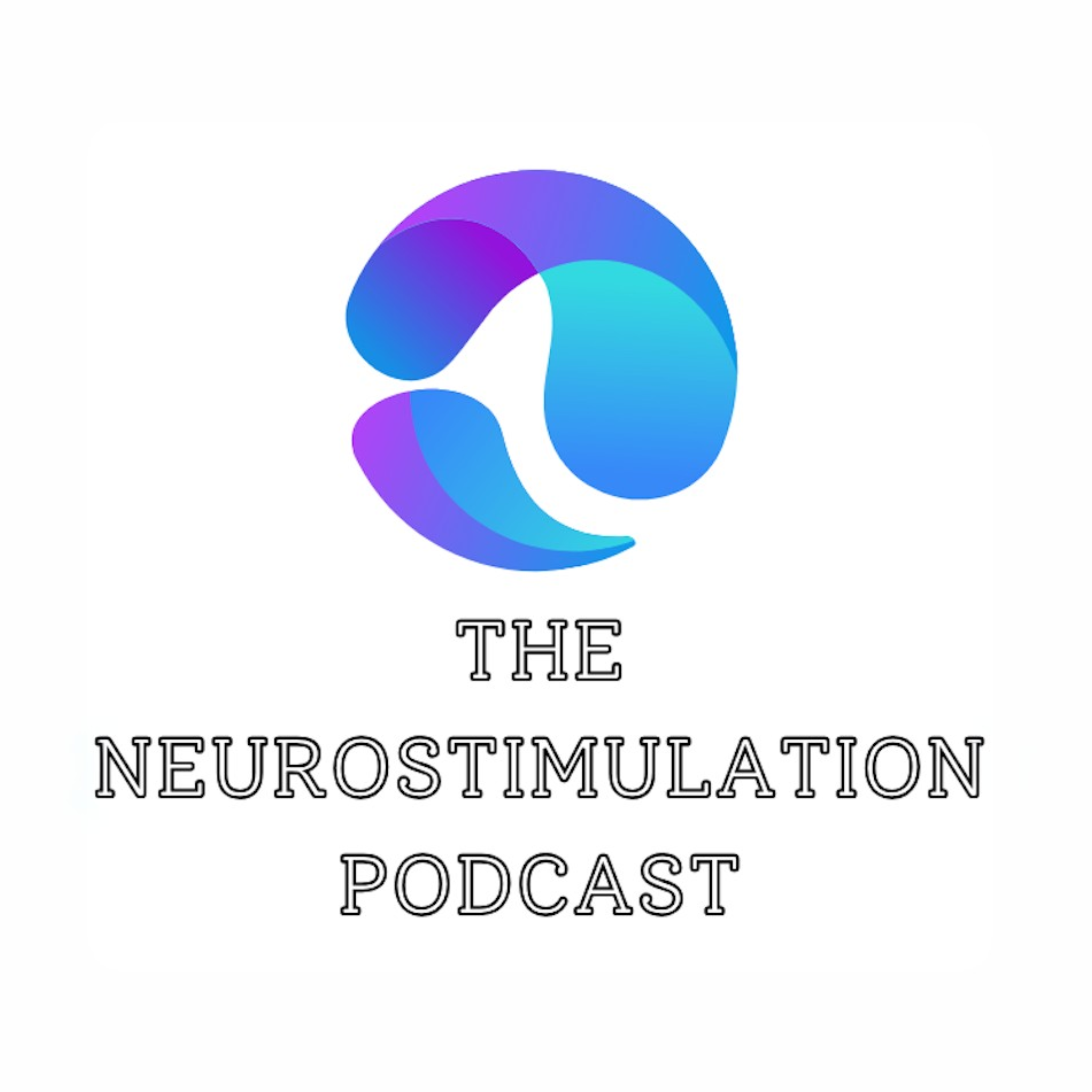Exploring tTIS and Reinforcement Learning - #1 - Nov 7, 2024
Exploring Transcranial Temporal Interference Stimulation (tTIS) and Reinforcement Learning
In this episode of the Neurostimulation Podcast, hosted by Dr. Michael Passmore from the University of British Columbia, the focus is on Transcranial Temporal Interference Stimulation (TTIS) and its role in motor learning and reinforcement. The episode explores a study published in Nature Human Behavior which shows how TTIS can either enhance or disrupt motor learning by targeting the striatum, a critical brain region. Key insights include the methodology of using different frequencies of TTIS on healthy young adults, the impact on reinforcement learning, and the potential clinical applications for neurological conditions like Parkinson's disease. The discussion also delves into the ethical considerations and future directions for this promising non-invasive neurostimulation technology.
00:00 Welcome to the Neurostimulation Podcast
00:36 Introduction to Neurostimulation and Podcast Goals
01:43 Disclaimer and Personal Commitment
03:06 Today's Topic: Transcranial Temporal Interference Stimulation (TTIS)
04:14 Understanding TTIS: Mechanism and Bioengineering
06:37 Reinforcement Learning and the Striatum
10:04 The Study: Methodology and Experiment Design
13:46 Key Findings and Implications
16:50 Advanced Critical Appraisal of the Study
23:13 Future Directions and Ethical Considerations
26:37 Conclusion and Final Thoughts
Study:
Vassiliadis P, Beanato E, Popa T, Windel F, Morishita T, Neufeld E, et al. Non-invasive stimulation of the human striatum disrupts reinforcement learning of motor skills. Nat Hum Behav. 2024;8(5):566–74. doi:10.1038/s41562-024-01901-z.
https://pubmed.ncbi.nlm.nih.gov/38811696/
tTIS resources:
Transcranial Temporal Interference Stimulation (tTIS) is an emerging non-invasive neuromodulation technique designed to target deep brain regions with precision.
• TI Solutions: This company specializes in developing devices and planning tools for temporal interference research. Their website offers detailed information on the science behind tTIS, device descriptions, and recent advancements in the field. 
https://temporalinterference.com
• Brainbox: Brainbox provides an overview of temporal interference, including its principles, applications, and associated products. The site also references key studies and offers insights into the technique’s potential. 
https://brainbox-neuro.com/techniques/temporal-interference
• Frontiers in Human Neuroscience: This journal features articles such as “A mini-review: recent advancements in temporal interference stimulation in modulating brain function and behavior,” which discusses the latest research and findings related to tTIS. 
https://www.frontiersin.org/journals/human-neuroscience/articles/10.3389/fnhum.2023.1266753/full
• EPFL News: The École Polytechnique Fédérale de Lausanne (EPFL) has published articles on non-invasive deep brain stimulation techniques, including tTIS, and their applications in enhancing motor learning. 
https://actu.epfl.ch/news/non-invasive-deep-brain-stimulation-enhances-motor


